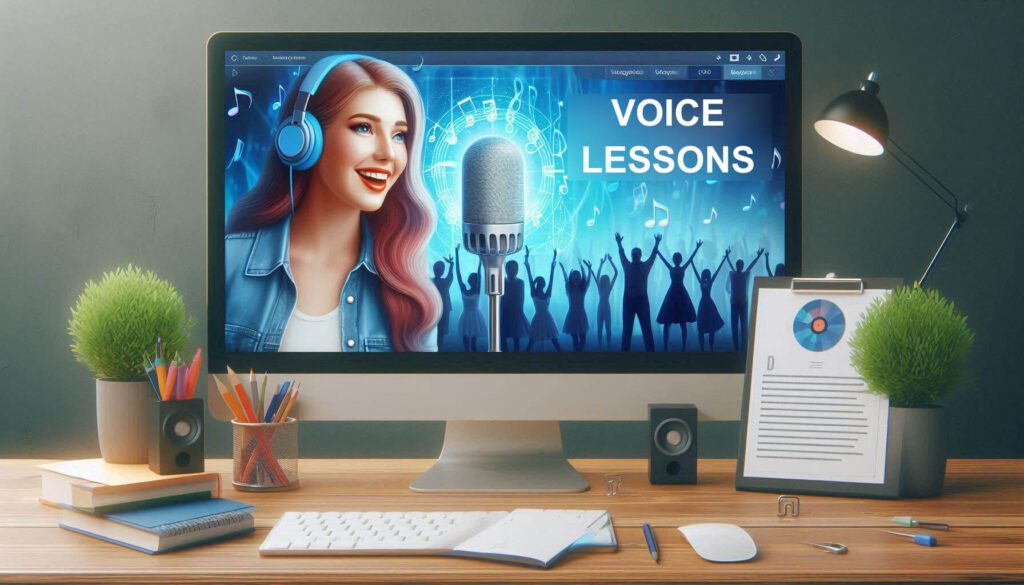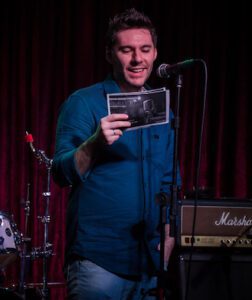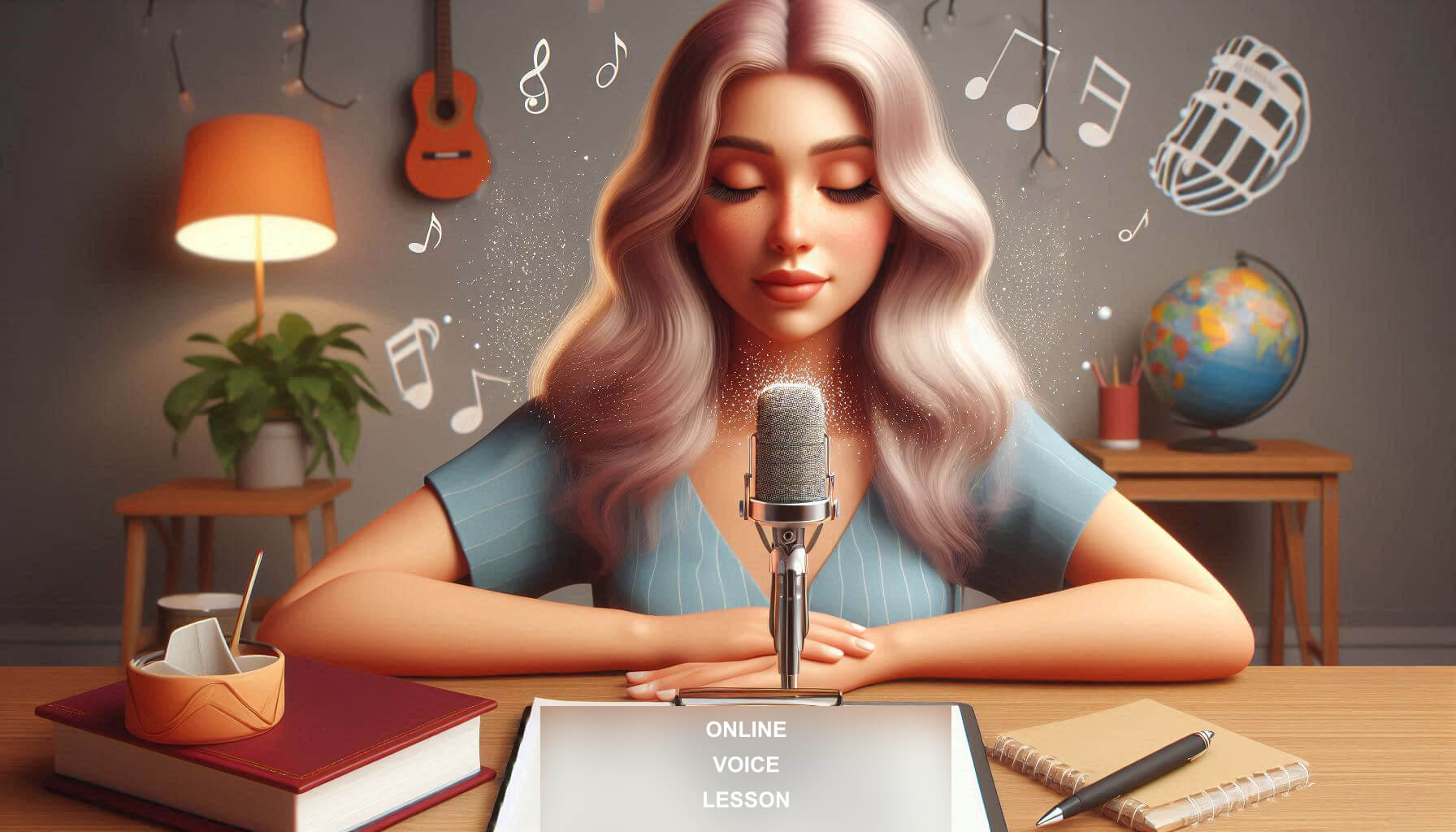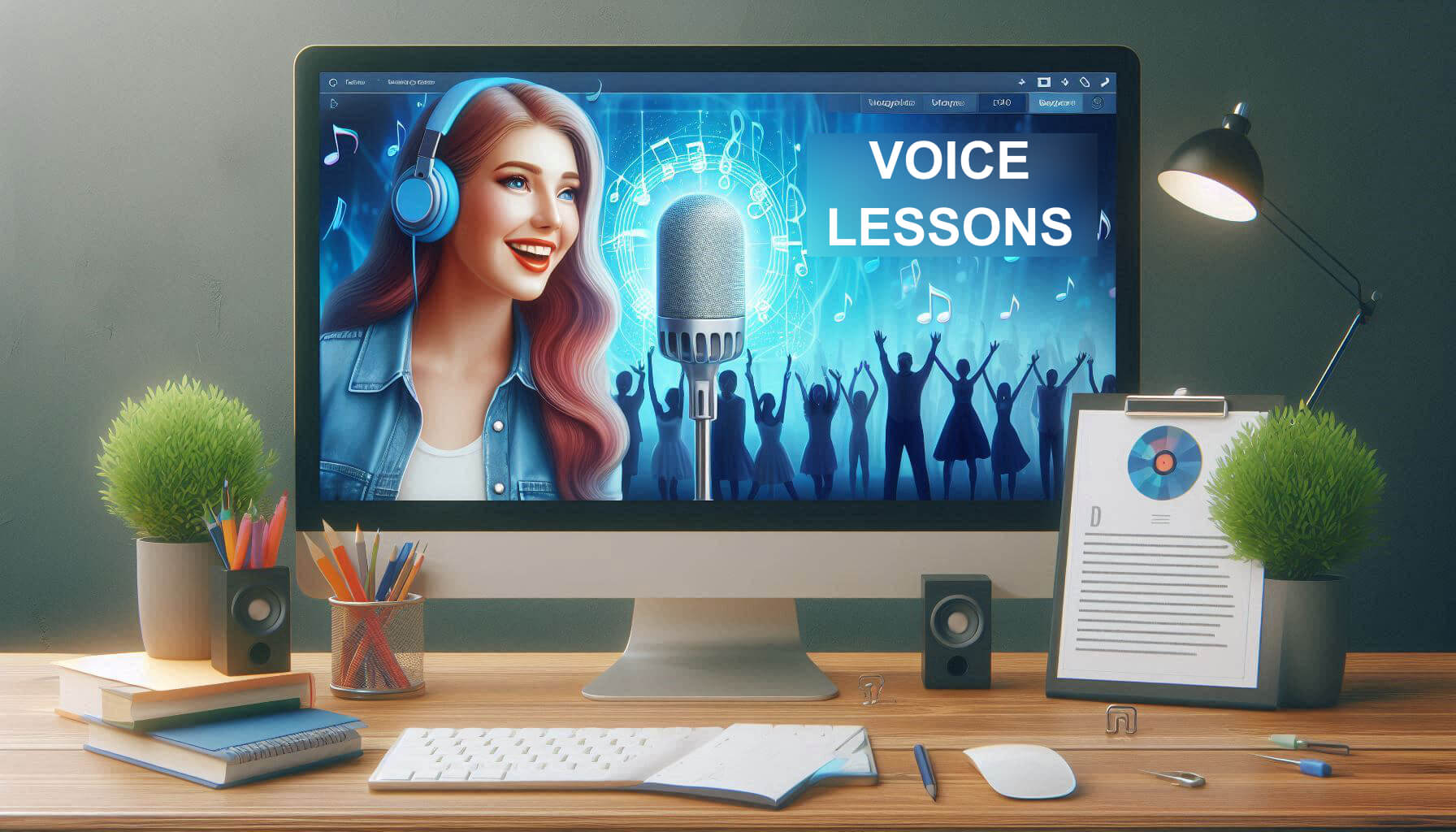Learn to pick songs for your voice!
Many financial analysts use the concept of suitability (something like suitability) when putting together an investment portfolio for their clients.
But what does this have to do with music or singing?
Simple, let’s talk a little more about the concept first and you’ll understand.
Without going into too much detail, not least because it is not our area of expertise, the idea behind suitability in the investment world is that we could, for example, have two people of the same age, who live in the same place and have the same job and, even so, it might not be appropriate for them to have the same investment portfolio.
Why?
Because they could have different life goals for example. One might want to retire early and the other would be at peace with working into old age.
Or, these two people could have totally different personal and personality traits. One might like risky things and another would be very worried about any wobbles in her life.
One of these people could already have a family while the other could be single.
And so on…
When you, a singer, are choosing a song for your voice, what questions do you ask yourself?
Most people take a list of songs they like, analyze their vocal range and sometimes they already think that everything will work out.
Don’t take this the wrong way because we won’t go into detail about it here, but suffice it to say that we believe that ANYONE, if they study up, can sing ANY song. We have a pretty cool previous post about some steps for you to prepare your repertoire.
In any case, we are dealing here with the previous stage of preparing a song, the step of choosing. And here again there are no shortcuts. The first indication is that during classes you have an open mind and try to study several different songs and the greatest number of styles possible so that you and your vocal coach, at a later time, forward the songs and/or styles that most work for you.
We could detail this process a little more:
1) Get to know yourself in terms of personality
You will see that some songs and styles have more to do with you and, therefore, you will find it much easier to prepare a good interpretation.
Some songs may call for a more outgoing personality while others may call for a more introspective stance.
2) Get to know yourself vocally as well. And we’re not just talking about extension.
Even within the extension subject, we have an important concept that is often neglected: the concept of tessitura. Tessitura is a region within your full range where your voice works very well. In general, the greater the range, the greater the range as well. But this is not always a rule.
Try to find out how you deal with your passages, with different vocal registers, with phonation modes, vibrato, effects; sustains notes with ease; whether you have a lighter or heavier voice. Try to analyze if you have the necessary patience to learn difficult melodies or melismas. See how you feel about songs that require great stamina from singers.
Tone characteristics also come in here. Which resonator you prefer to use naturally when singing can be an important factor. For example, if you have a more nasal voice or a more “chest” resonance. On these topics, study these posts as well:
https://www.raphaelbegosso.com/013-registros-vocais/
https://www.raphaelbegosso.com/019-o-que-faz-uma-voz-diferente-da-outra/
3) Try to anticipate which stage posture each song asks for
It doesn’t make much sense if you’re not comfortable dancing on stage to choose a clearly danceable song. It would not be a good option for anyone who wants to sing on stage in a more static way.
The reverse is true as well. If you are very restless on stage, maybe it doesn’t make much sense to choose songs that are too contemplative.
Also consider how many songs you will sing at that event. A few songs might be more demanding, whereas if you’re going to sing a lot of songs it might be smarter to choose a simpler repertoire. Take care of the order in which the songs appear as well.
Ultimately, even if you don’t plan on becoming a songwriter it’s often by trying to write music that you discover a lot of these things. You may not be able to make the next Billboard hit, but we guarantee that the attempt will open your eyes to all possible avenues.




